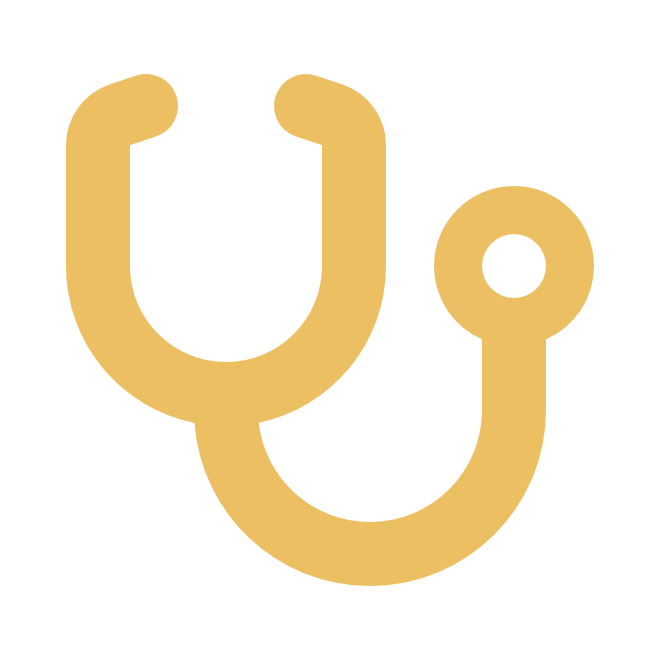Ontario medical schools recognize their shared responsibility to Indigenous peoples. The Medical Admission Committee of the Council of the Ontario Faculties of Medicine (MAC:COFM) is committed to responding to the Truth and Reconciliation Commission of Canada: Calls to Action.
Michael G. DeGroote School of Medicine (McMaster University)


